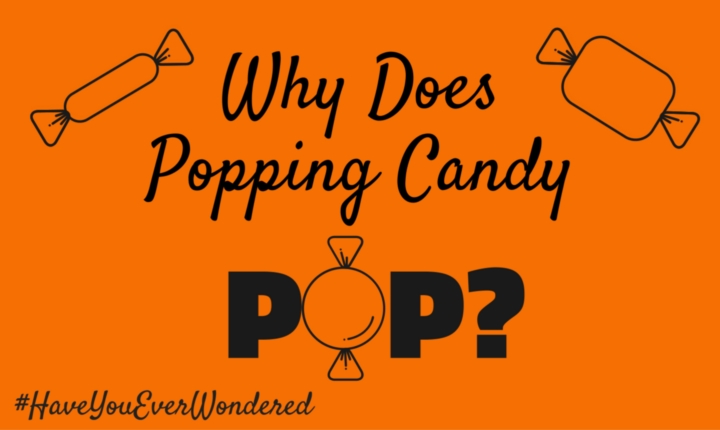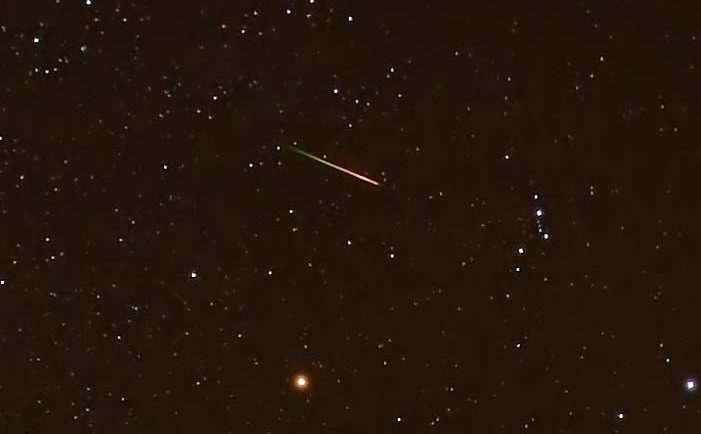
Alice M is 10 years old, and has some great advice on being a girl
The Joy about being a girl is you get more opportunities because people mostly trust girls better than boys. I know that it majorly sexist but technically that is what happens in life.
We all know that girls have to go through a HARD time when they are older but it is sometimes worth it, GIRLS are the ones that actually produce the baby, GIRLS are the ones who have super fashion sense and are the ones who are unique with any kind of style Goth, jumpy, and get have any personality they want to and we wear make-up to make ourselves look nice, scary, horrible anything you want, we can style hair, have fun and mess around.
Some people don’t like being girls mostly because their scared, I am too, but if you think about it there generally is nothing to be afraid of. You have people all along the way to help you enter adulthood and become bigger and better, people will help you when it is hard and when you need constant monitoring but after all that has passed, I will guarantee that you will have had the time of your LIFE being a girl.
So what I am trying to say is: enjoy being a girl, enjoy having horrid things done to you (I know that sounds backwards but trust me, it I’ll be worth it) because when that is all over you’ll miss it.
Featured Image by D Sharon Pruitt
Read More...





